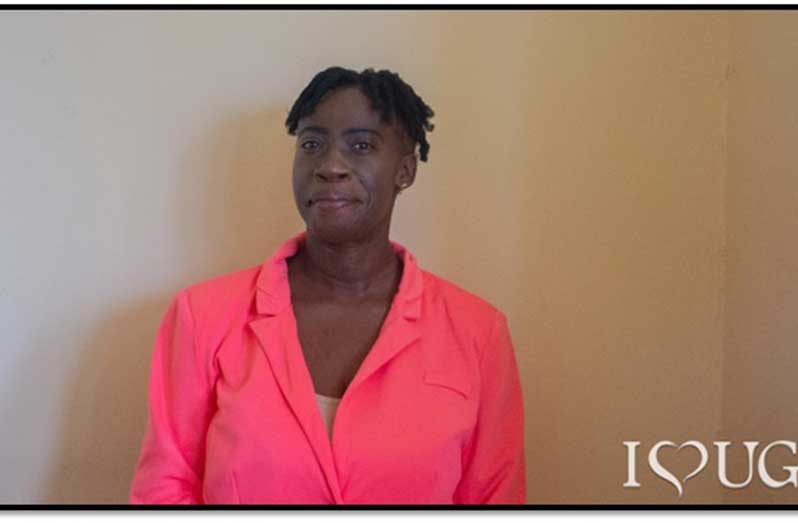AT the University of Guyana (UG), dedicated staff and students are making significant strides in research across various fields, addressing some of society’s most pressing issues such as food security and environmental management.
Today, we spotlight Ms. Samantha Forrester, an aquaculturist whose remarkable work in safeguarding fish health and promoting sustainable rearing practices has garnered attention and acclaim.
Ms. Forrester has been a lecturer and researcher with UG’s Faculty of Agriculture and Forestry for over nine years. She holds a Bachelor of Science in Agriculture from the University of Guyana and a Master of Science in Fisheries Science from Nanjing Agricultural University in China, the world’s leading fish producer.
“With support from UG, I was selected for the MOFCOM Scholarship, and the University of Guyana granted me study leave to bolster my research,” she explained.
Driven by the adage, ‘we are what we eat,’ Ms. Forrester embarked on a mission to protect fish health and their immune systems.
“Over the years, the demand for meat products, particularly fish, has increased as people become more health-conscious about their diets,” she noted.
This shift inspired Ms. Forrester to explore the commercial cultivation of fish in ponds and tanks. Her research revealed that rearing large numbers of fish in confined spaces increases their vulnerability to stressors, including bacterial pathogens.
“Aeromonas hydrophila is a bacterial pathogen that severely affects the aquaculture industry globally, causing massive economic losses due to high mortality rates in infected fish. To combat these bacterial diseases, several veterinary drugs are used, but many contain harmful chemical compounds that pollute the aquatic environment and accumulate in fish tissue,” Ms. Forrester explained.
In response, Ms. Forrester investigated a local medicinal herb as an alternative to antibiotics, known for its medicinal properties. “I conducted an in-vitro study to determine the antibacterial properties of herbs effective in treating Aeromonas hydrophila,” she proudly reflected.
After observing positive results from the herbs, Ms. Forrester formulated a basal diet for daily fish feeding. Using crucian carp for her study, she tested five groups, each containing twenty fish chosen at random. One group received only the basal diet as the control, while the other four groups were given the basal diet with herb extract added at varying potencies over eight weeks.
She further explained that, after eight weeks, a subset of fish from each group was exposed to a known concentration of the bacterium. Further observations, testing, and statistical analysis led to conclusive results, revealing that the herb extract enhanced the fish’s physiological and immune functions and improved resistance against pathogenic infections in crucian carp.
Ms. Forrester’s research suggests that natural immunostimulants of plant origin may serve as viable alternatives to veterinary drugs containing harmful chemicals in aquaculture. She hopes her work will enhance the sustainability of fish farming while increasing the nutritional value of fish for consumers. Currently, she is focused on expanding her research portfolio in the areas of proximate analysis of selected plant species used in aquaculture and microbiological assessment of farmed fish and shrimp.



.jpg)









